Basketball applications
Chinese AI pioneer SenseTime is supporting the Chinese basketball teams competing at the Olympics by providing AI-driven sports data analysis and advice on game strategies.
The company's AI technology is being used to analyze data such as Chinese players' movements, a basketball's trajectory, and training efficiency.
SenseTime became the AI strategic partner of the Chinese national basketball team earlier this year, and has developed a basketball performance analysis platform in cooperation with the Shanghai Artificial Intelligence Laboratory and Shanghai University of Sport.
The platform applies AI technology to data statistics and match videos, providing decision-making support for training and game strategies.
It can analyze each athlete's movement and the trajectory of the basketball in real time, and give immediate feedback to the coaches by constructing 3D models and leveraging 3D motion capture algorithms. The goal of the platform is to improve athletes' training efficiency and their competition performance, SenseTime added.
Yao Ming, chairman of the Chinese Basketball Association, said, "We look forward to continuously exploring the application of AI large language models in the sports field with SenseTime, jointly promoting the development of Chinese basketball and the sports industry."
The company's smart broadcasting technology is also being used to cover table tennis and archery events, providing viewers with an immersive viewing experience.
Lin Yiting, director of marketing and solutions at SenseTime's international research and development center, said the company's InnoMotion broadcasting solution uses 3D motion capture technology without the need for wearable devices. InnoMotion was created in collaboration with Shanghai Media Tech, a media technology company.
The technology covers large-scale, multiangle scenes and captures spatial motion data in real time. In complex sports scenarios it can accurately capture and analyze fastmoving small targets such as table tennis balls and arrows, Lin said.
The rotation and trajectory of table tennis balls can be shown to viewers through augmented reality technologies, allowing them to better understand the intricacies of such Olympic sports, Lin added.
Virtual athletes
Chinese tech company iFlytek is showcasing its latest AI innovations at China House, a pavilion located in the Hotel Salomon de Rothschild in Paris.
The main attractions are two digital Chinese athletes — AI versions of swimmer Zhang Yufei and gymnast Zou Jingyuan. The "virtual athletes" are almost indistinguishable from their real-life counterparts, and have captured the attention of visitors with their lifelike appearance and expressions.
They greet visitors with phrases like "Hello, I am Zhang Yufei, pleased to meet you!", creating an experience that feels like interacting with the real athletes.
The virtual AI athletes are equipped with advanced AI technologies developed by iFlytek, including speech synthesis, speech recognition, semantic understanding, lipmovement prediction, and image processing.
Even in the bustling and noisy environment of the pavilion, they can accurately assess the speech of visitors and respond appropriately, thanks to sophisticated multi-speaker speech recognition technology, iFlytek said.
The AI versions of Zhang and Zou can seamlessly switch between Chinese, English, and French, and engage with athletes and visitors from around the world without the need for translation devices, iFlytek added.
This ability to handle a multitude of questions from diverse cultural backgrounds showcases the power of its multilingual intelligent voice technology, the company said.









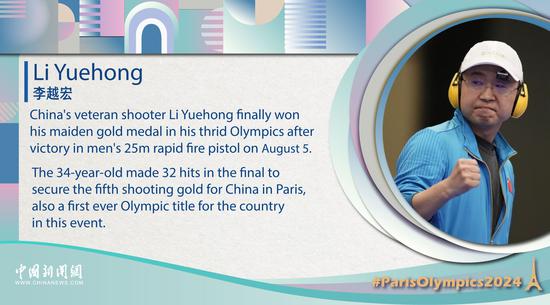
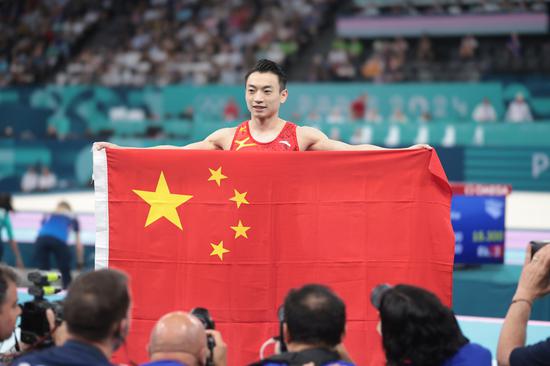
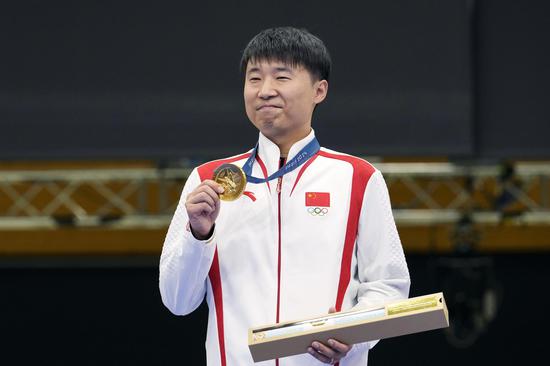
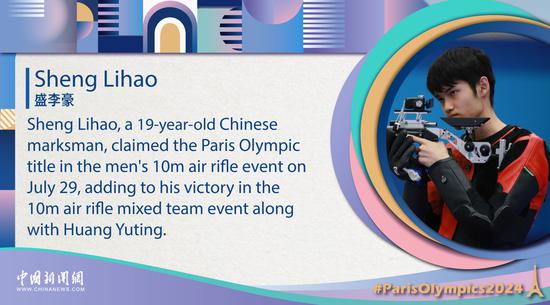
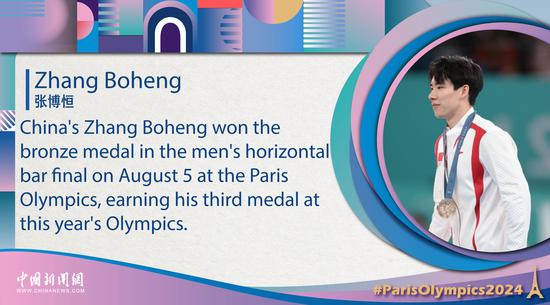
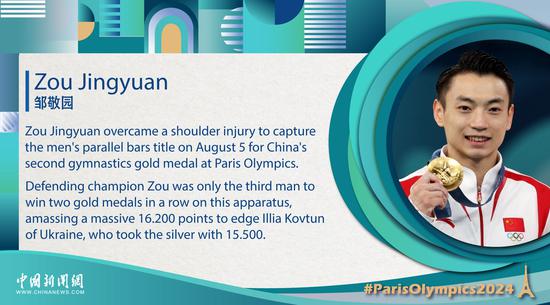
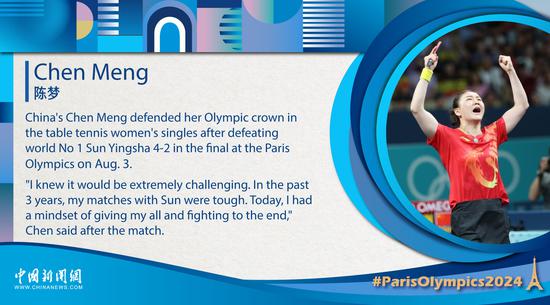
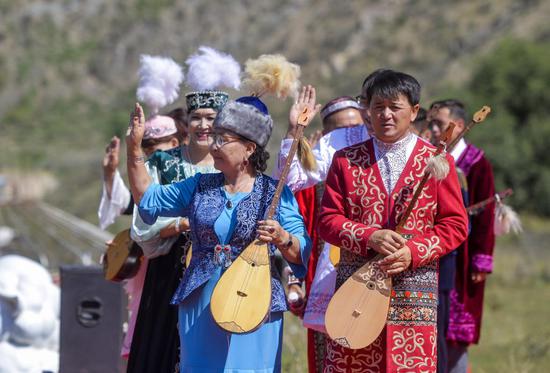
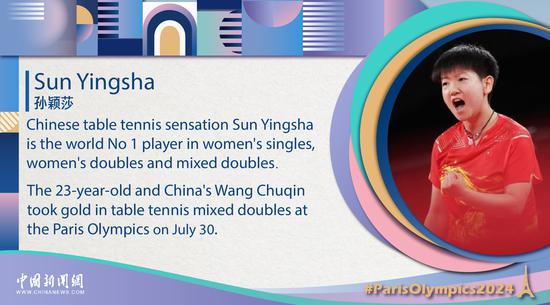
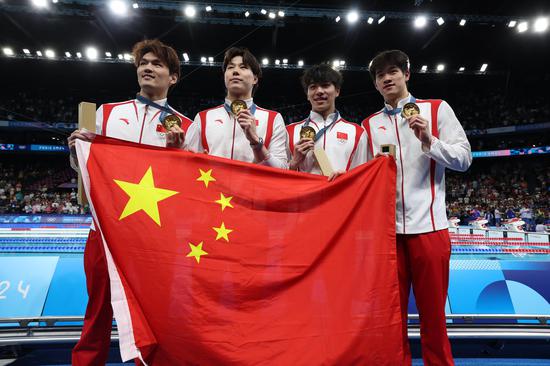
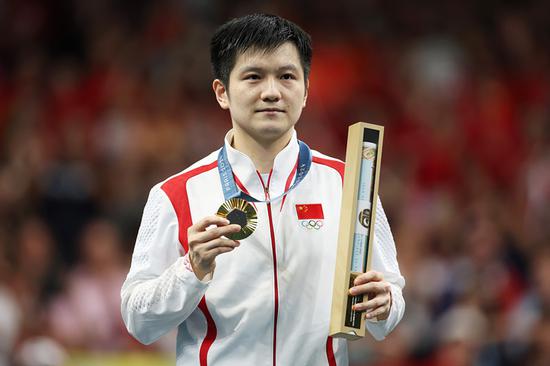

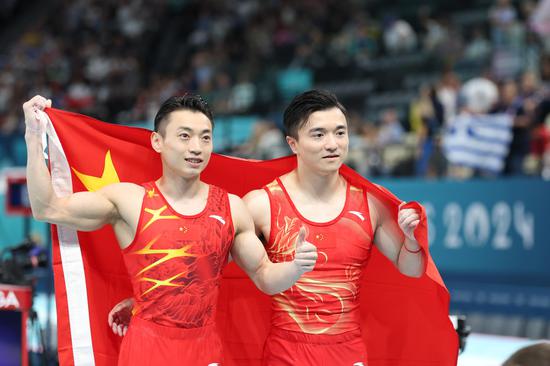
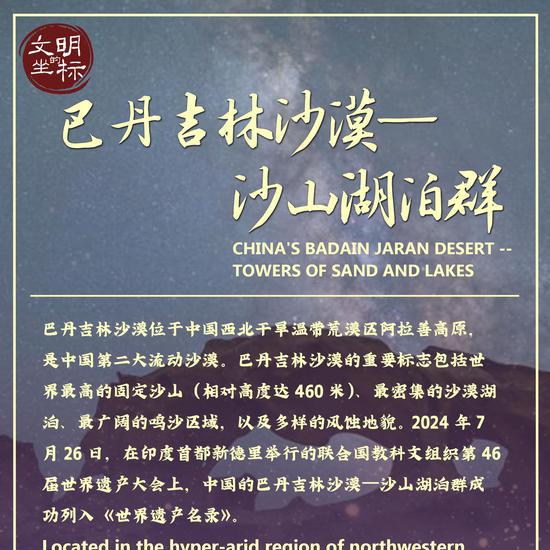
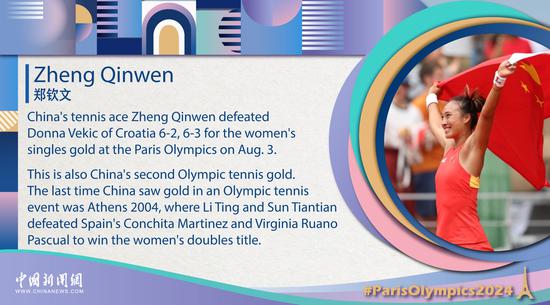
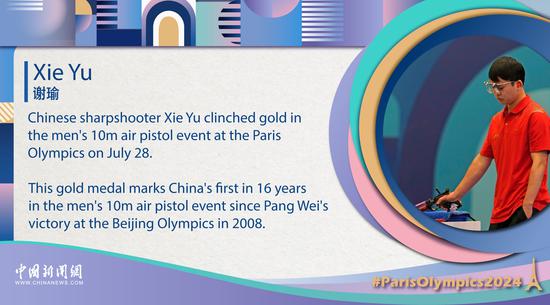
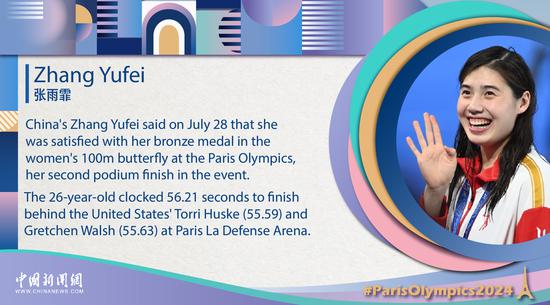
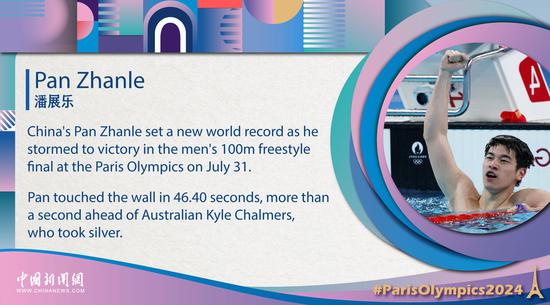
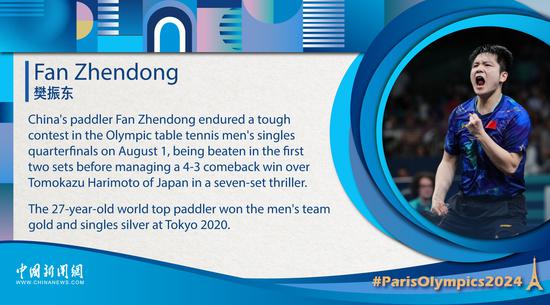

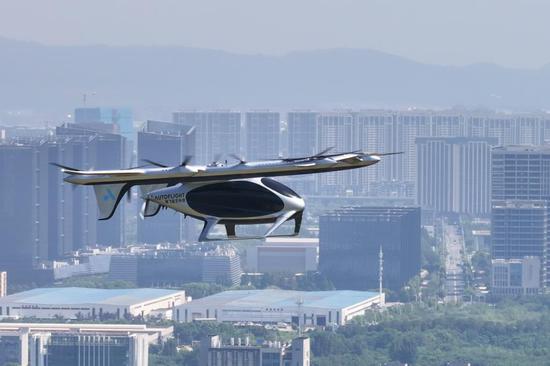
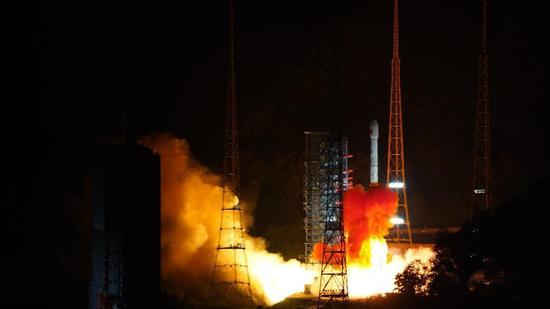
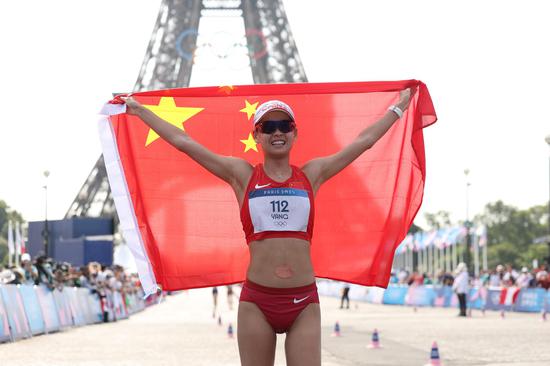
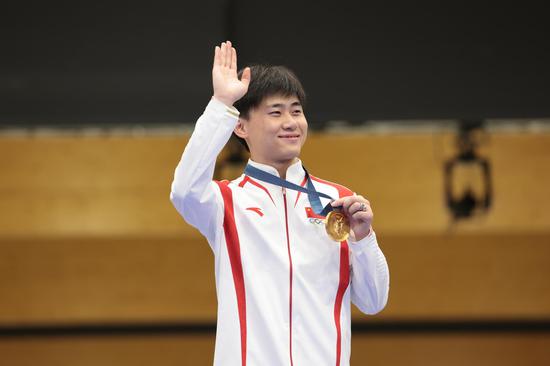
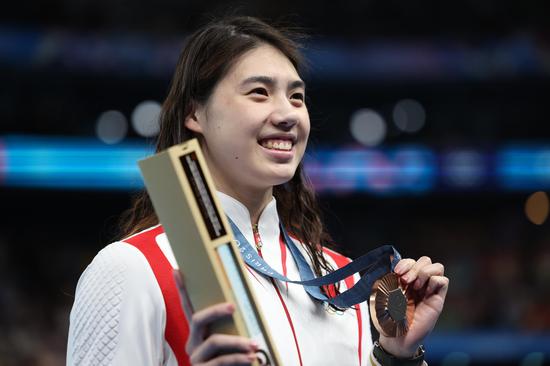
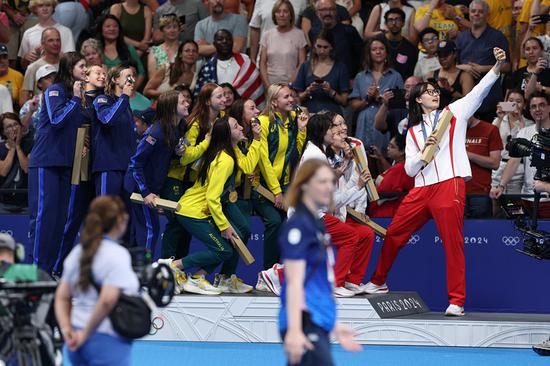
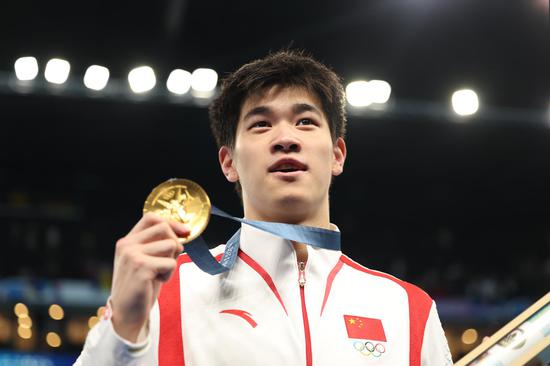
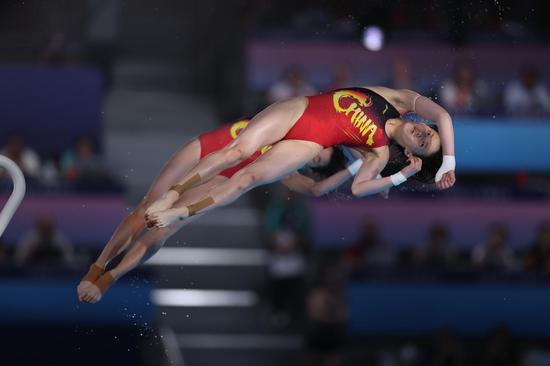
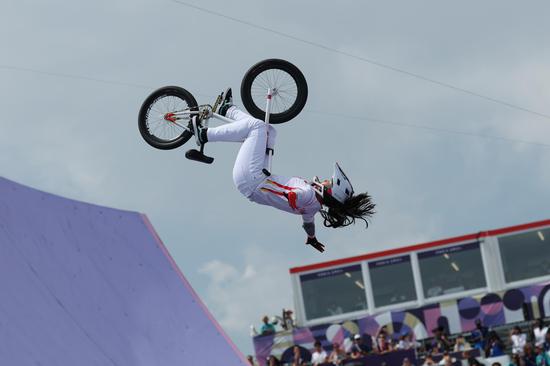
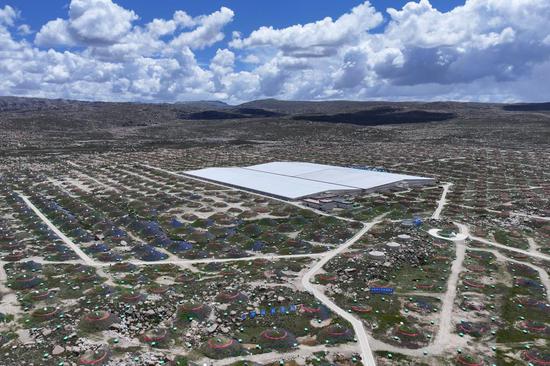
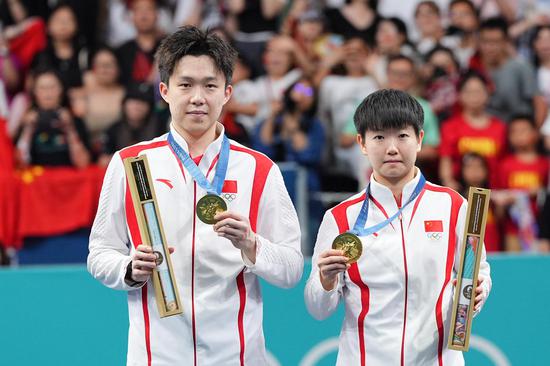
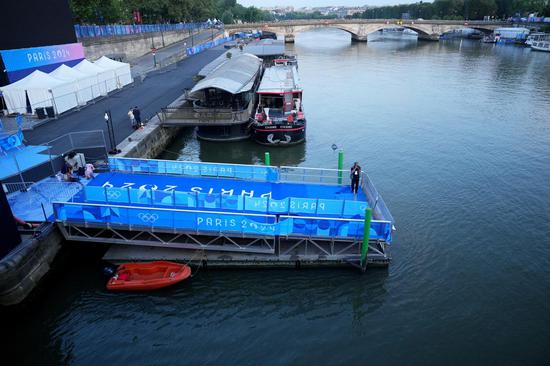
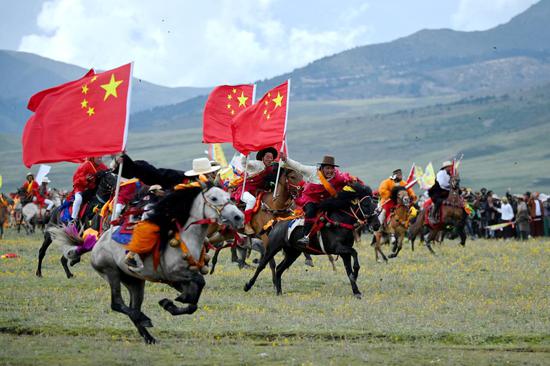
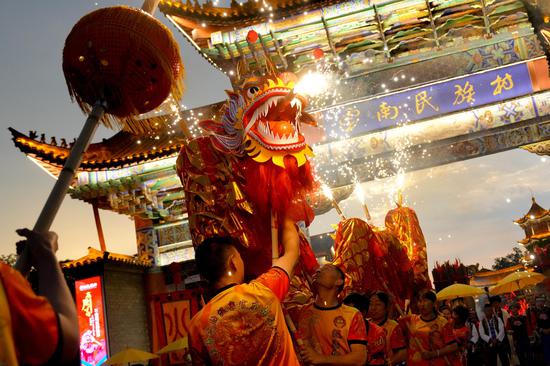
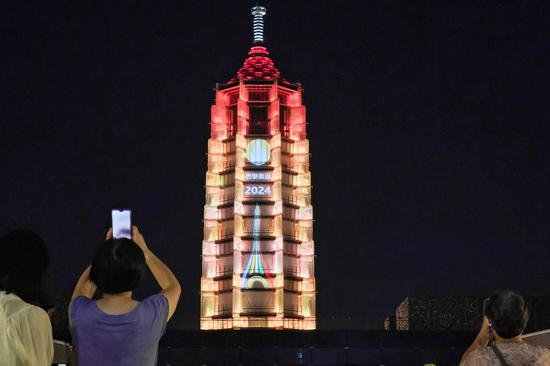

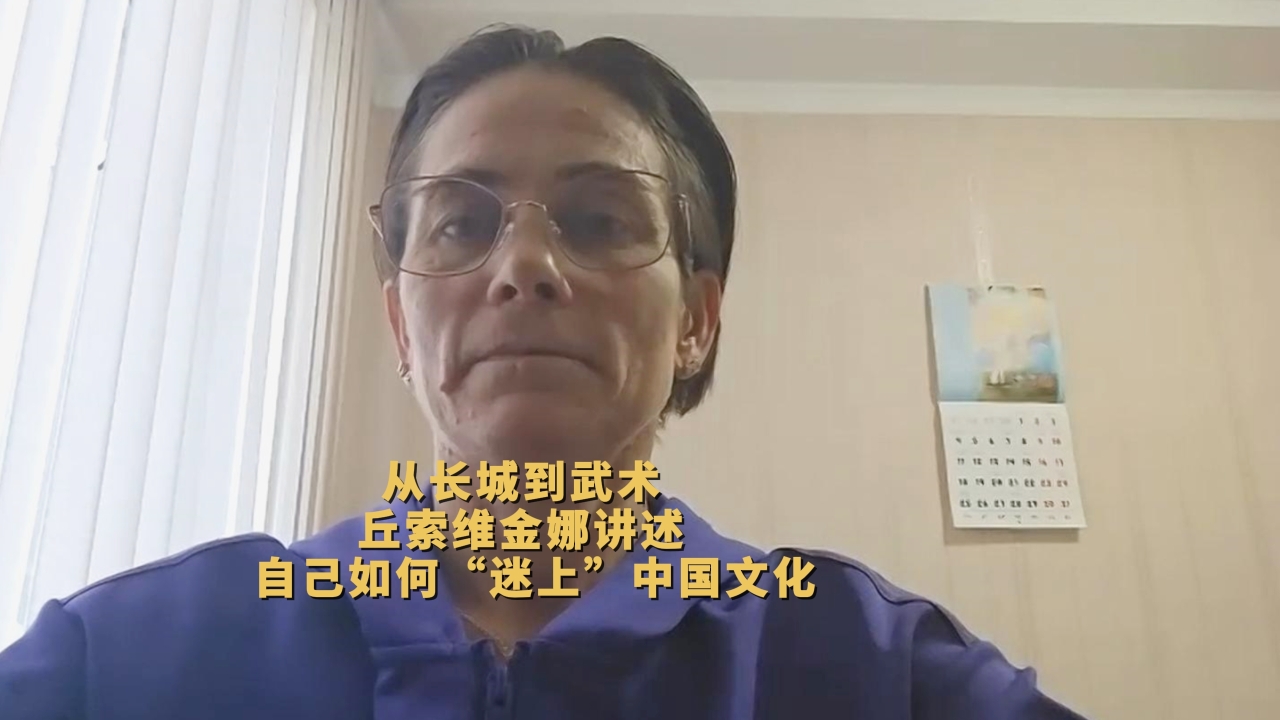

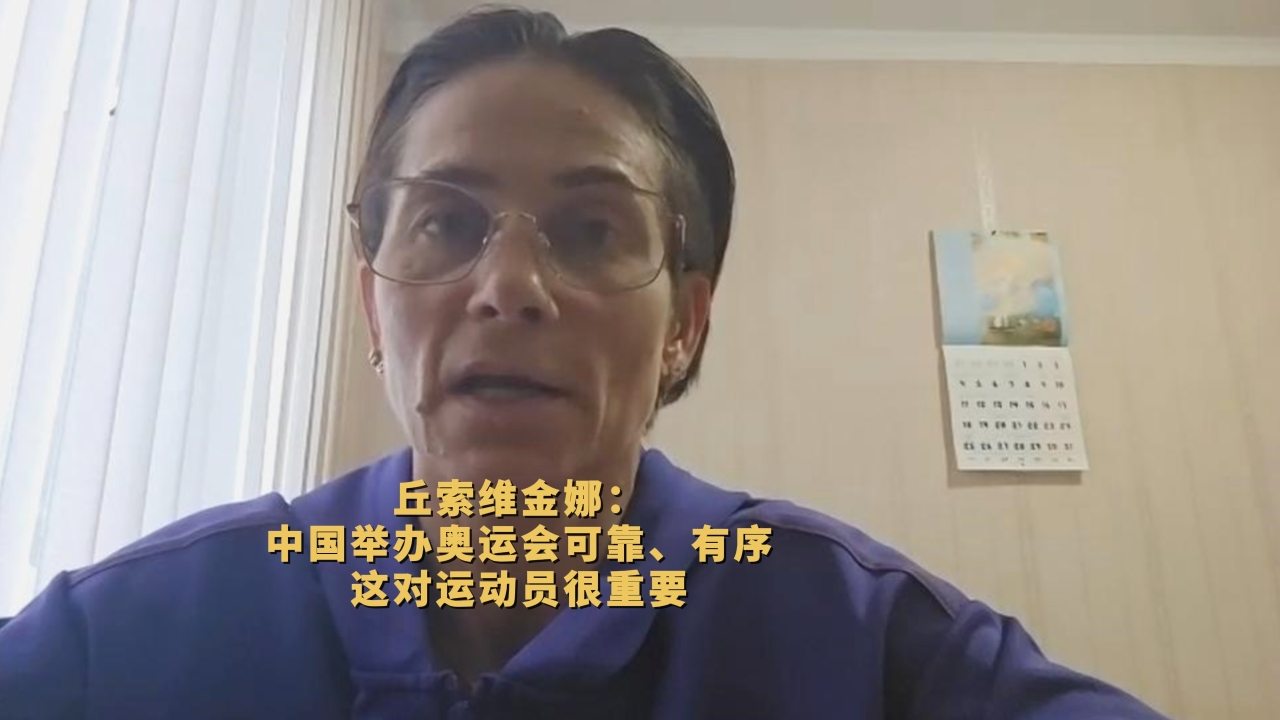

 京公网安备 11010202009201号
京公网安备 11010202009201号
